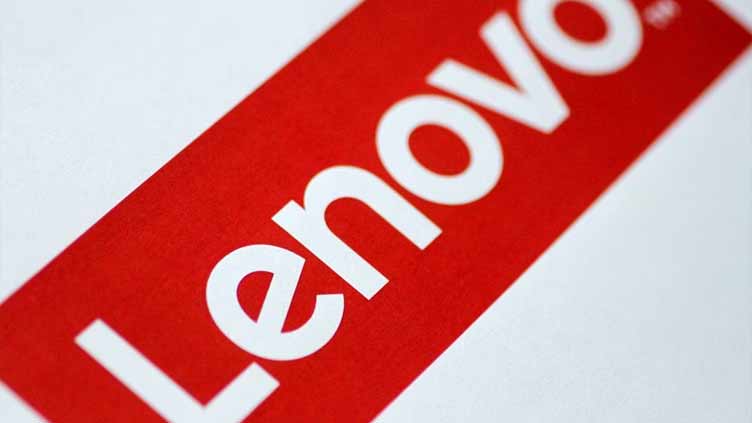Lenovo Q1 revenue misses forecasts, hit by poor PC demand

Technology
The world's largest PC maker has now suffered four consecutive quarters of sales declines
HONG KONG (Reuters) - China's Lenovo Group (0992.HK) on Thursday posted a worse-than-expected 24% fall in revenue for the April-June quarter, hit by a prolonged slump in global demand for personal computers.
The world's largest PC maker has now suffered four consecutive quarters of sales declines. The result comes after it reported a 14% drop in annual profit for the year that ended in March, its first annual decline since 2019.
Revenue in the April-June quarter fell to $12.9 billion, below a $13.84 billion average of seven analyst estimates compiled by Refinitiv.
Lenovo shares in Hong Kong fell as much as 6% after the result but recouped some losses to trade down 2.9%, while the benchmark index (.HSI) gained 0.9%.
The COVID-19 pandemic gave a huge boost to electronics sales as consumers and companies alike stocked up or upgraded to accommodate a shift to remote work. However, revenue started contracting last year as demand began to fall, weighed down by rising interest rates and soaring inflation.
The pace of the recovery remains weak and many retailers still have unsold inventory, forcing PC makers and their suppliers including chipmakers to adjust production volume and prices.
"The group’s PC business is stabilizing and well-positioned for a year-on-year recovery in the later part of 2023," Lenovo said in a statement.
Global PC shipments fell by 12% in the second quarter of 2023, according to market research firm Canalys, a big improvement from a more than 30% drop in the preceding two quarters.
Lenovo's sales in China declined more sharply than in other markets, with quarterly revenue down 29% from the same period last year. China's economy has failed to surge after it lifted COVID-19 restrictions late last year.
But Yang Yuanqing, Lenovo's CEO, said he's confident in China's fundamentals in the long term and encouraged by the government's current measures to stabilize the market and spur consumption.
Net income attributable to shareholders tumbled 66% to $177 million, versus analysts' $212.49 million estimate.
To improve profit margins, Lenovo has been expanding non-PC businesses such as servers and information technology (IT) services, but its device business that includes PCs, smartphones and tablets still accounted for nearly four-fifths of group revenue.
Lenovo's infrastructure solutions business, which sells servers and other equipment, posted a surprising 8% revenue decline, its first quarterly decline in many quarters, which Yang said was partly due to an ongoing shortage of AI chips.
"(Cloud service providers) are shifting their demand from the traditional computers to the AI servers. But unfortunately the AI server supply is constrained by the GPU supply," he said, referring to graphics processing units.

